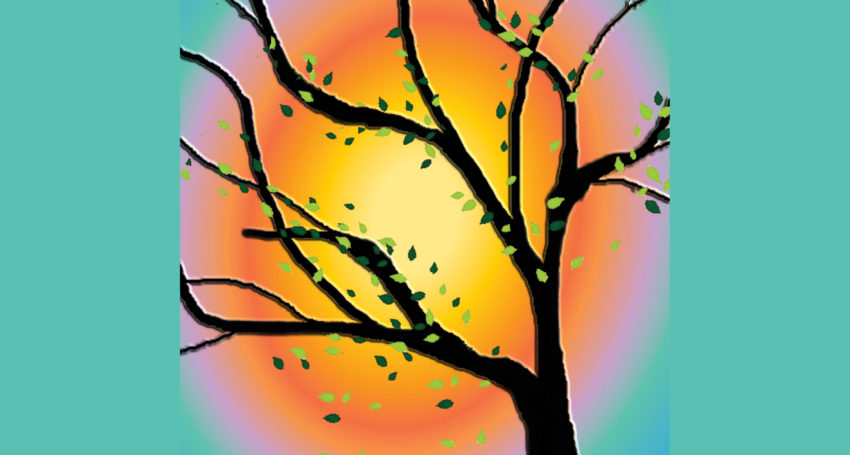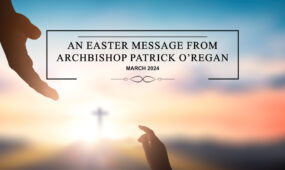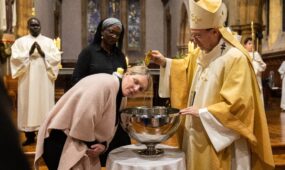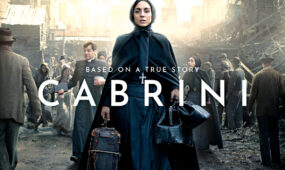Building trust
Opinion
In the continuing series on issues related to historical abuse, the Professional Standards Office talks about the long term impact of child abuse.

What is child sexual abuse
Child sexual abuse is a violation of a child’s bodily integrity. It can include a child’s body being touched in a sexual way or the child being made to touch an adult in a sexual way. It also includes other behaviours such as watching the child, encouraging or making the child watch sexual acts, or an adult behaving in a sexual way towards a child. Child sexual abuse can be a single incident or occur repeatedly over a long period of time. It can involve one perpetrator or more.
Adult survivors
An adult who was sexually abused as a child can be afraid to speak about it because of:
- How the perpetrator may react if he/she is still involved in their life
- Fear of being blamed for the abuse
- Inappropriate reactions if the perpetrator was of the same sex
- Feeling ashamed about the abuse
- Negative reactions from family, friends and community that may blame the victim.
Perpetrators take great care to keep their behaviour secret and make children feel responsible and shamed for the abuse. Perpetrators use secrecy, power, force, trickery and affection to keep children silent. Children can also be silenced by fear of the reaction to a disclosure from their family and friends. This can continue into adulthood.
It is important to remember, it is never the child’s responsibility to stop the abuse.
Advertisement
Effects of abuse
Adults can experience a vast range of effects. These can include but are not limited to: depression, fear, suicidal feelings, anger, outrage, pain, low self-esteem, anxiety, lack of self-worth, guilt, shame, self-blame, difficulties maintaining intimate relationships, fear and hypervigilance, self-harm, fear of not being believed, alcohol and drug use, struggling with daily life, feeling unsafe, mental health issues and trauma symptoms.
Some adults who were subjected to sexual abuse in childhood fear they will become a perpetrator themselves. Research shows this outcome is not likely.
For adult survivors who have been subjected to abuse within the Church, there can be further impacts on their spirituality, belief systems and relationship with faith and the Church. Effects of clergy abuse can be but are not limited to: feeling spiritually damaged, experiencing continual struggle with faith, anger against God, needing to regain a relationship with God, remaining spiritual and believing in a higher power but feeling the Church and its priests are unworthy of trust, questioning God’s love, lost hope of recovery and healing and total loss of trust.
Advertisement
Seeking support
Despite the difficulties outlined above, adults who were subjected to childhood sexual abuse have shown strength and courage in surviving and resisting the effects of abuse. Some ways adults have done this are: speaking with someone they trust and are safe with, seeking information from a reputable source, creating supportive networks of people who understand the issue, challenging beliefs about child sexual abuse like victim blaming, accessing community support services, understanding that a child reacts to abuse based on that child’s life experience and ability and understanding that the abuse was not their responsibility.
Specific services that provide information, support, advocacy and counselling for adults subjected to child abuse are:
Relationships Australia SA 1800 998 187
Victim Support Services SA 08 8231 5626
Yarrow Place 08 8226 8777
Country Calls 1800 817 421
SAPOL 11 444
1800RESPECT, National Sexual Assault, Domestic Violence
Counselling Service 1800 737 732 www.1800respect.org.au
If you or an adult you know has experienced historical sexual abuse within the Church please contact SA & NT PSO on 8210 8275 or contact the National Redress Scheme on 1800 737 377.







Comments
Show comments Hide comments